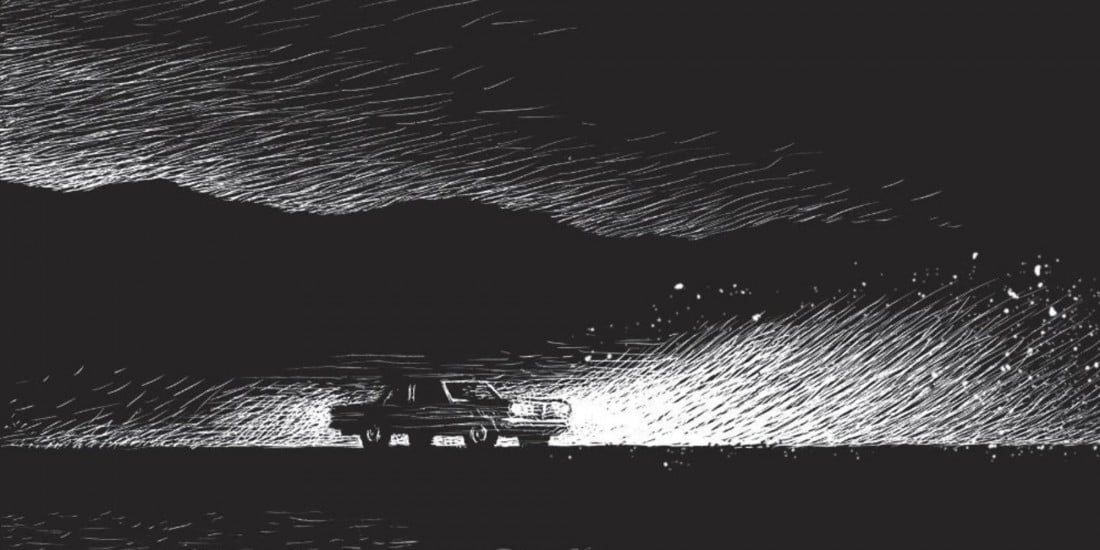Reading Ottessa Moshfegh’s Eileen is an exercise in waiting. A slow story of social dysfunction in a quiet New England locality, it is not unlike Ethan Frome. But, beyond the general morbidity and volume of snow, Eileen starts to stand apart from comparisons to Edith Wharton, owing to its remarkable merits, as well as to its less remarkable flaws. It’s been shortlisted for the 2016 Man Booker Prize—the winner of which is announced next week—but the judges don’t have an easy job with this novel. Having “unremarkable flaws” is perhaps how the eponymous narrator, looking back to 1964, would best describe her twenties. She lives an unenviable life as a secretary in a boy’s prison, living at home with her drunkard father. She is lonely, and loathes almost everybody. Presentday Eileen reminds us—almost on a schedule, every few pages—that she will at some point make a dramatic, leave-it-all-behind escape. But, page after page it doesn’t happen, and the reader waits.
Of course, the wait is actually the story. Confusingly, one critic given prime dustjacket space tells us that Moshfegh’s novel is: “A taut psychological thriller”. An endorsement likely to shift copies at the airport, perhaps, but a one-sided description of most of Moshfegh’s novel. Eileen’s narrative is as messy as her house. It has a stop-start, digressional nature that does actually read like the half-remembered account of an aged mind. This works very well for characterisation and pacing. Eileen brings us repeatedly back to people and happenings, layering and layering. No, “taut” doesn’t work here. It is a very flexible narrative.
As for “psychological”, that belies the novel’s intense awareness of the body. The way Moshfegh confronts us with what bodies do is disgusting, candid, and wonderful. Close-ups of masticating mouths and constant awareness of sweat make for dark comedy; thoughts on the shame attached to menstruation and strong hints at eating disorders make for darker refl ections. These bodies move in a world made readable less by minds than by objects. Candy wrappers, alcohol bottles, dead animals and sheets of paper pass as deftly through her prose as through the hands of her characters. I have rarely read a more physical story than Eileen.
But it is that larger description, ‘psychological thriller’, which underscores the book’s big weakness. If it weren’t for the last 40-odd pages, nobody would go near the word “thriller” when writing about this book. Yes, the turnaround line, the big reveal, is delivered with masterful, thrilling timing. But once it is done, and things suddenly begin to move in a distinctly more “thrillery” way, the last pages are disappointing. Eileen’s distinctive voice seems to get spliced with a boring, readymade thriller tone. Airport readers might have been disappointed, but the book would have worked really well without the twist and escape. It’s not that Eileen shouldn’t have borrowed from genre: it’s that it did it badly. It seems right to remember Eileen for what it mostly is: a slow, raw account of the screwed up. When you think of it like that, this book deserves prizes. Unfortunately for Moshfegh, people put a lot on endings, and the Man Booker panel might not be so forgiving.



